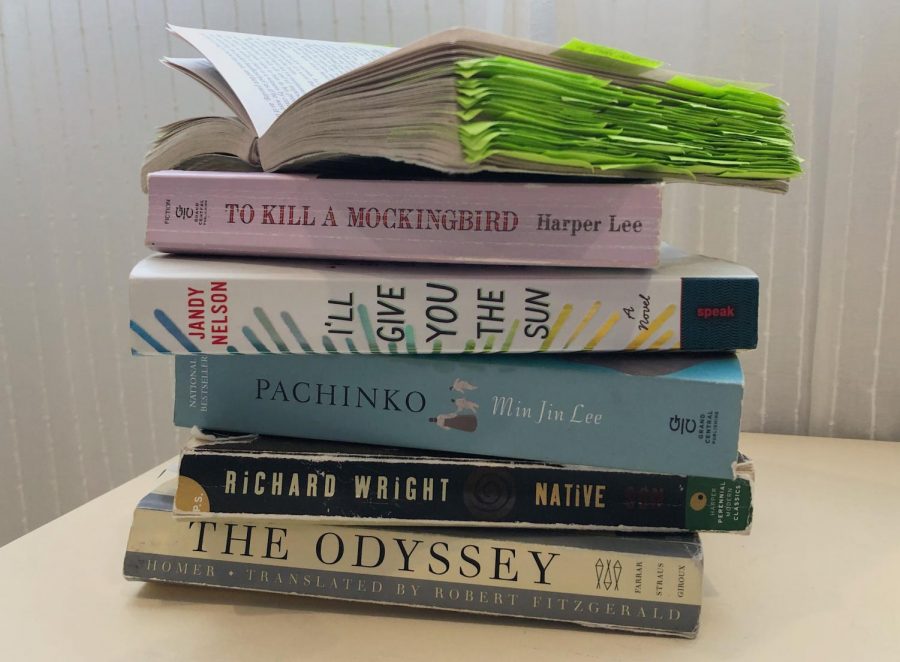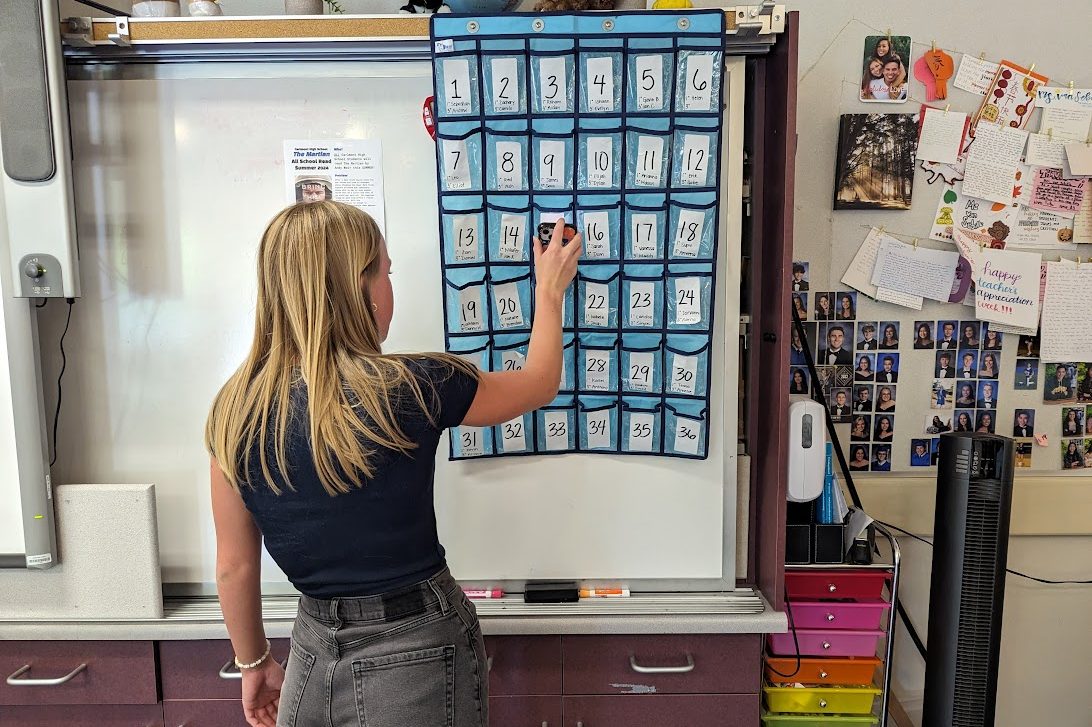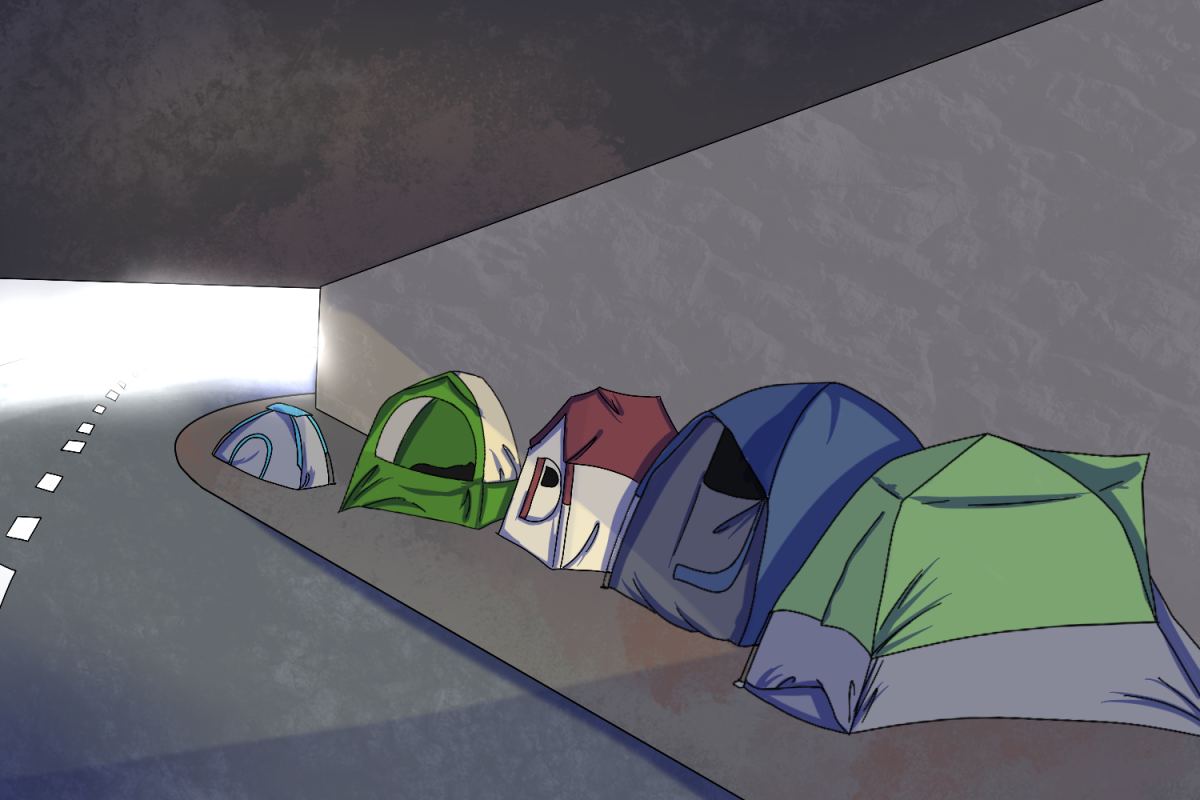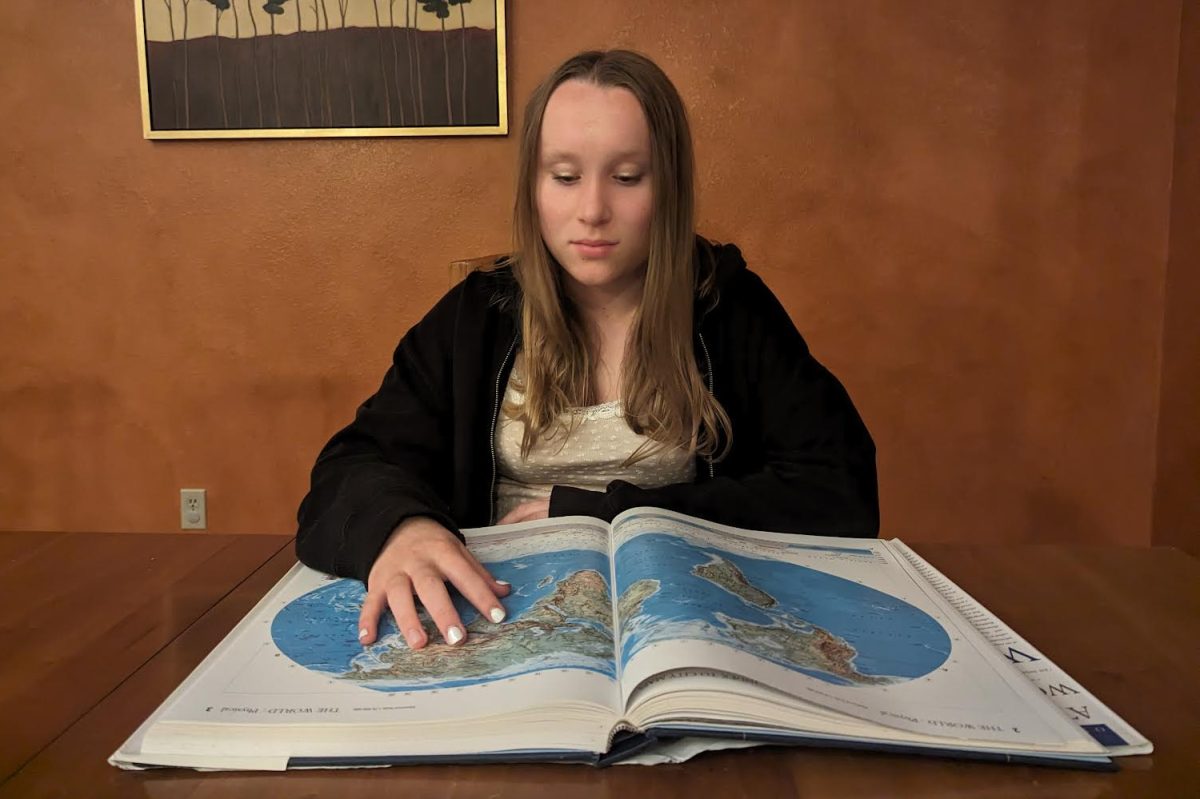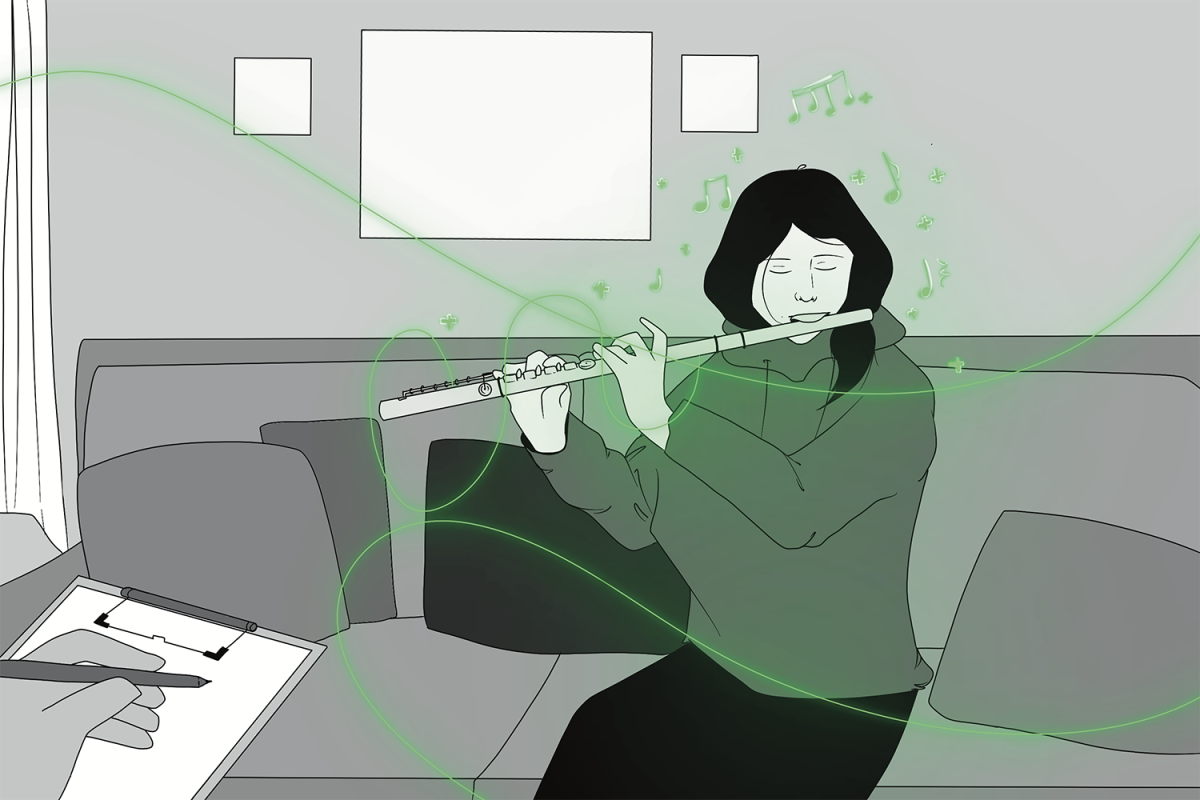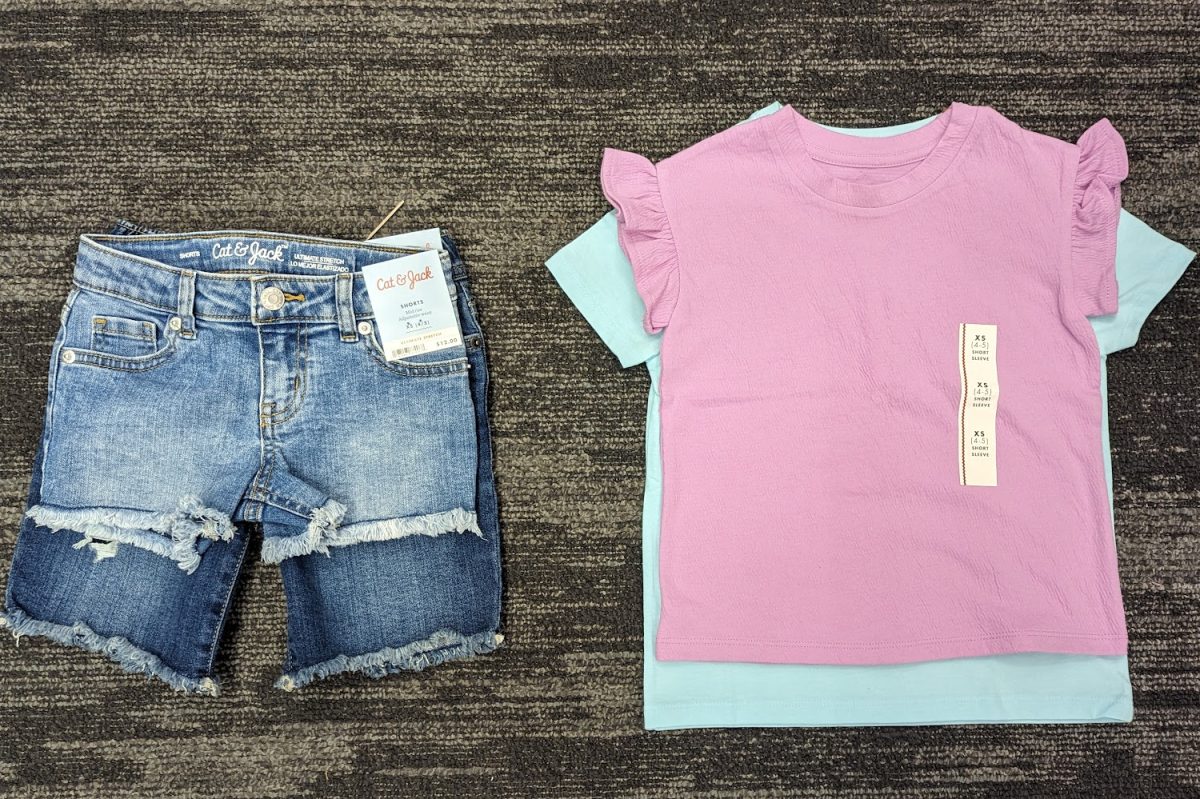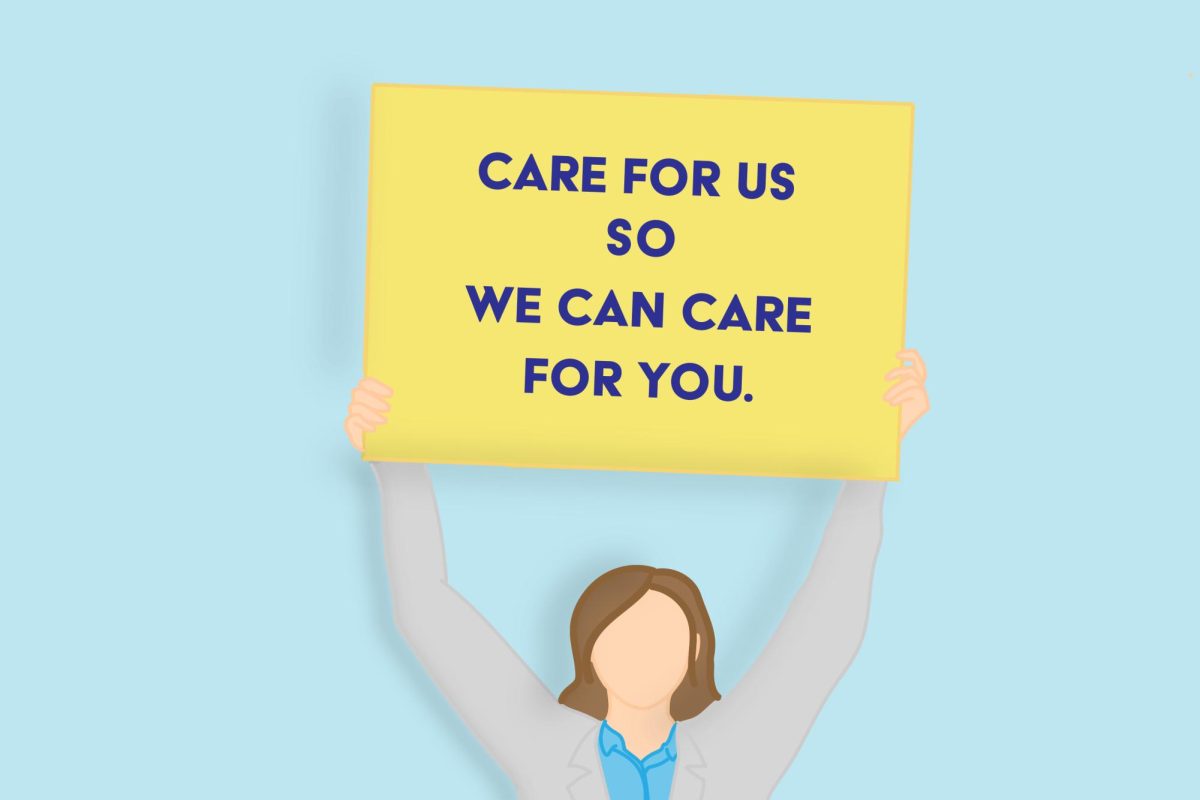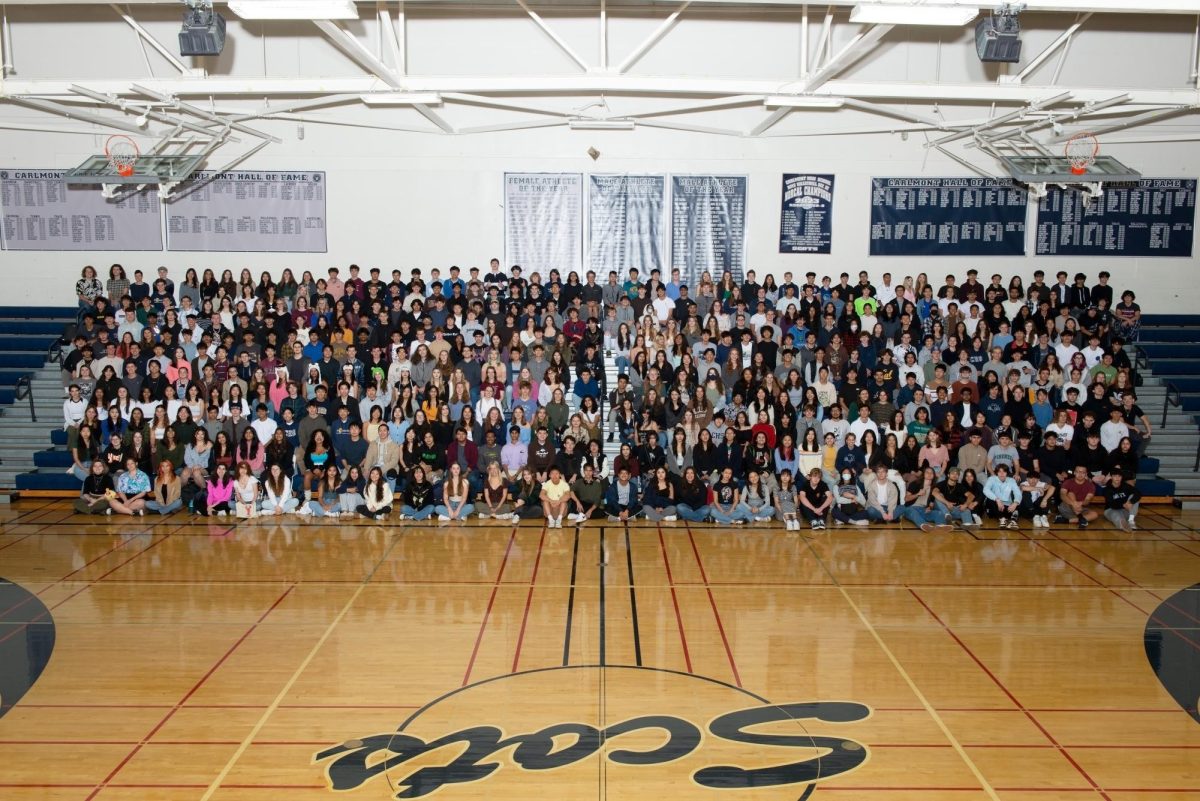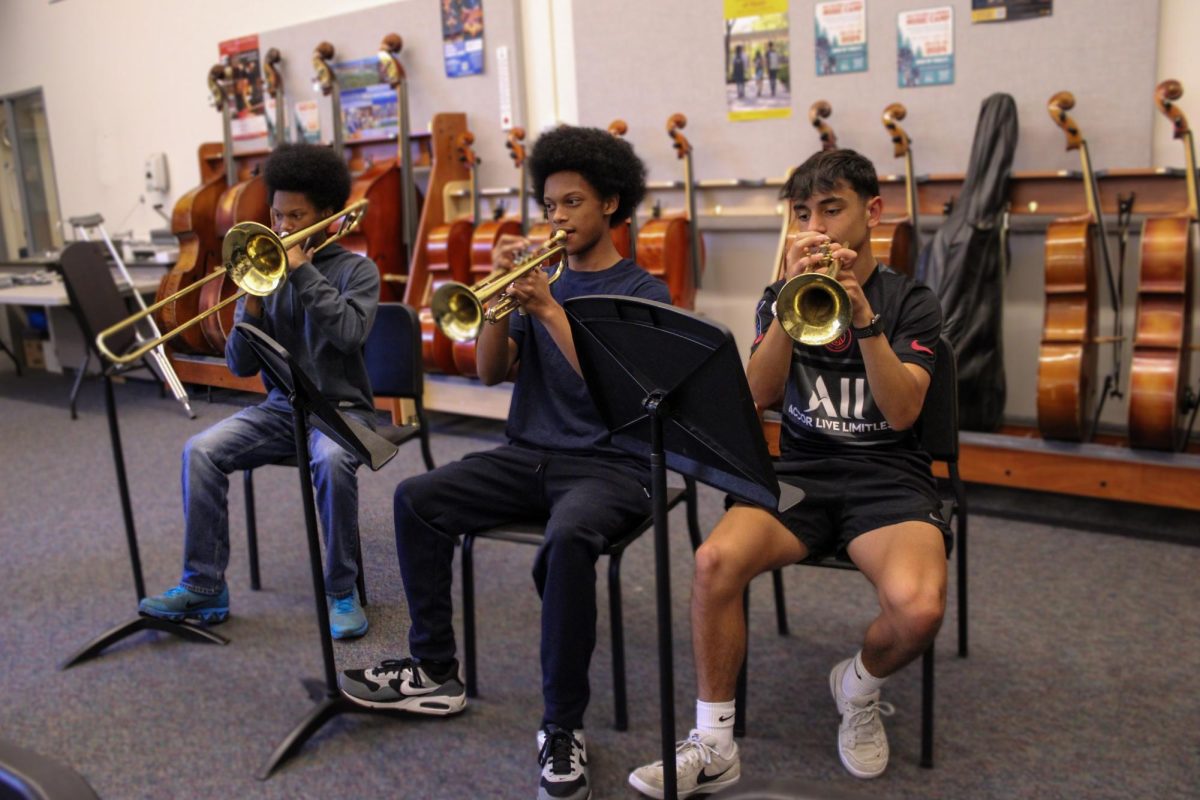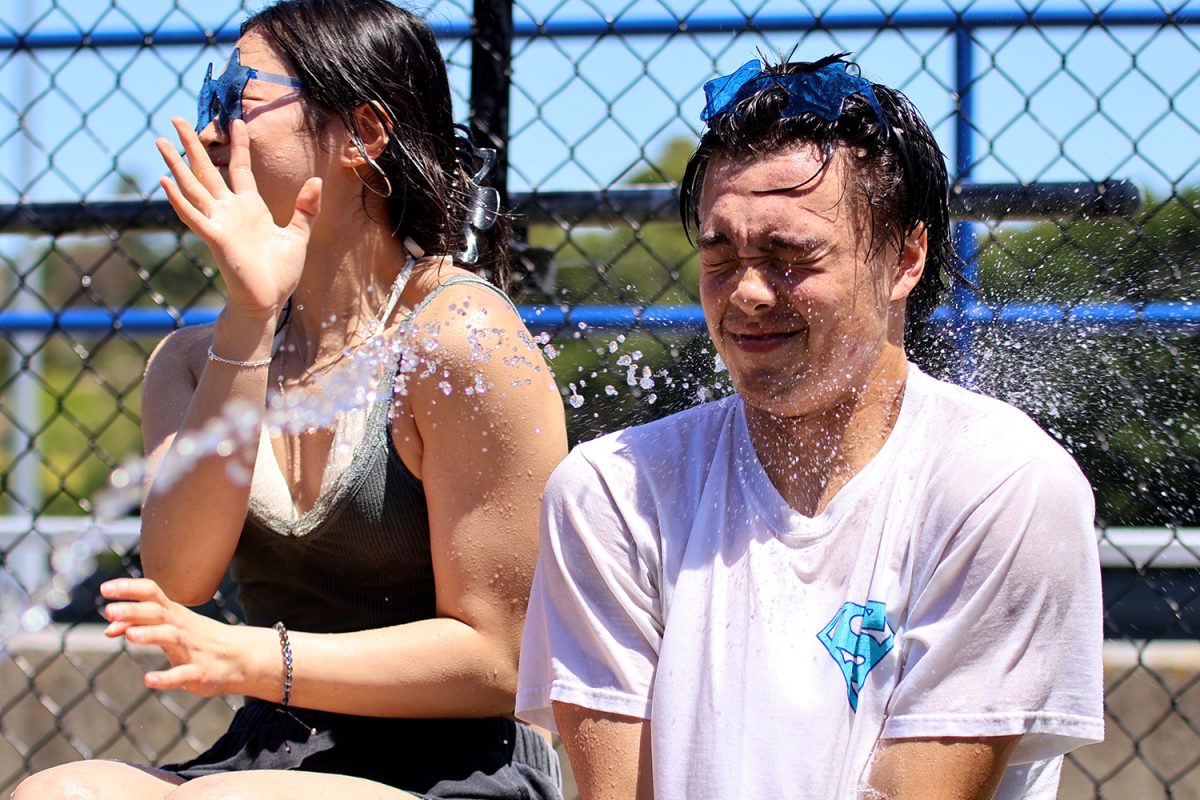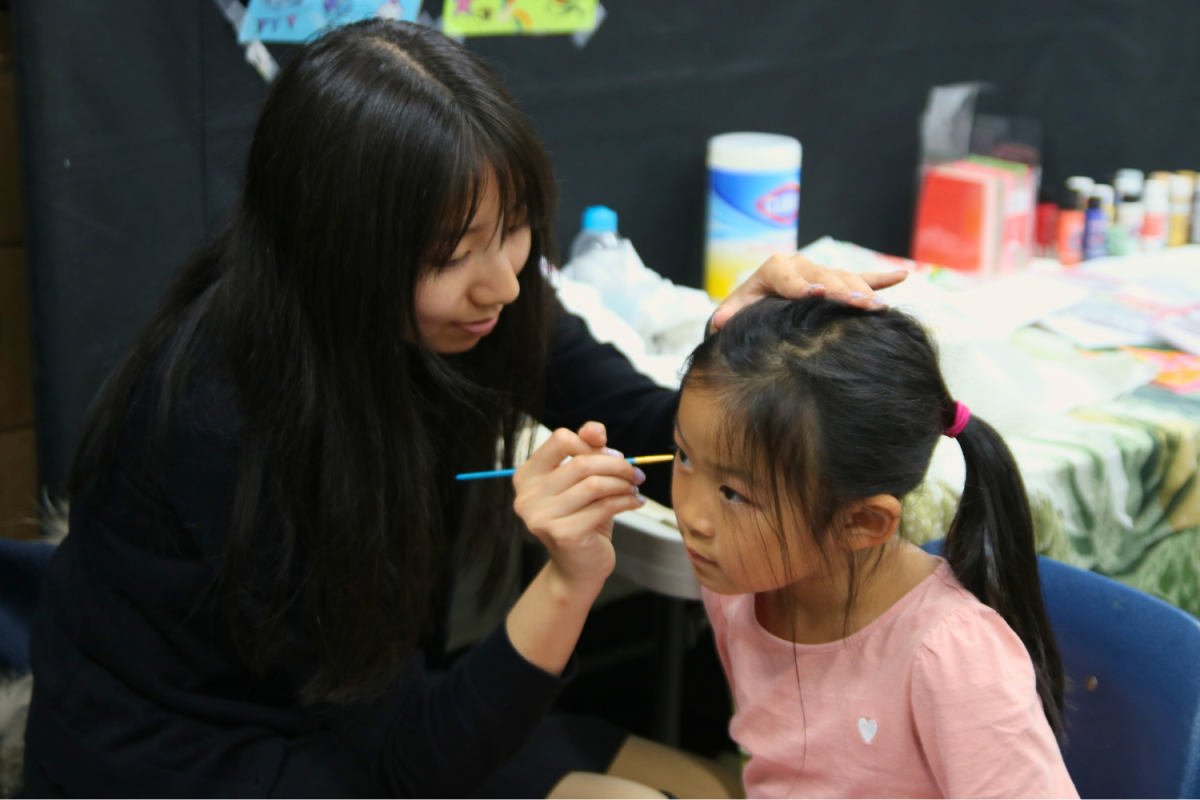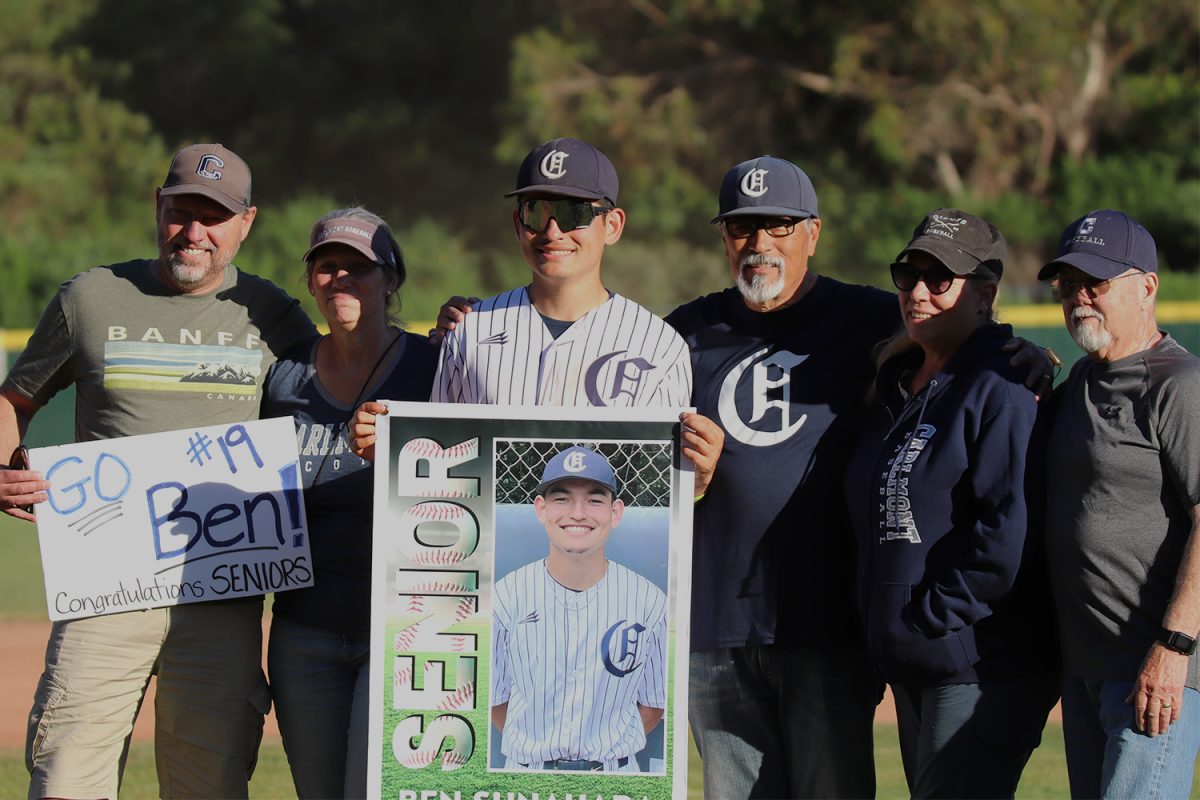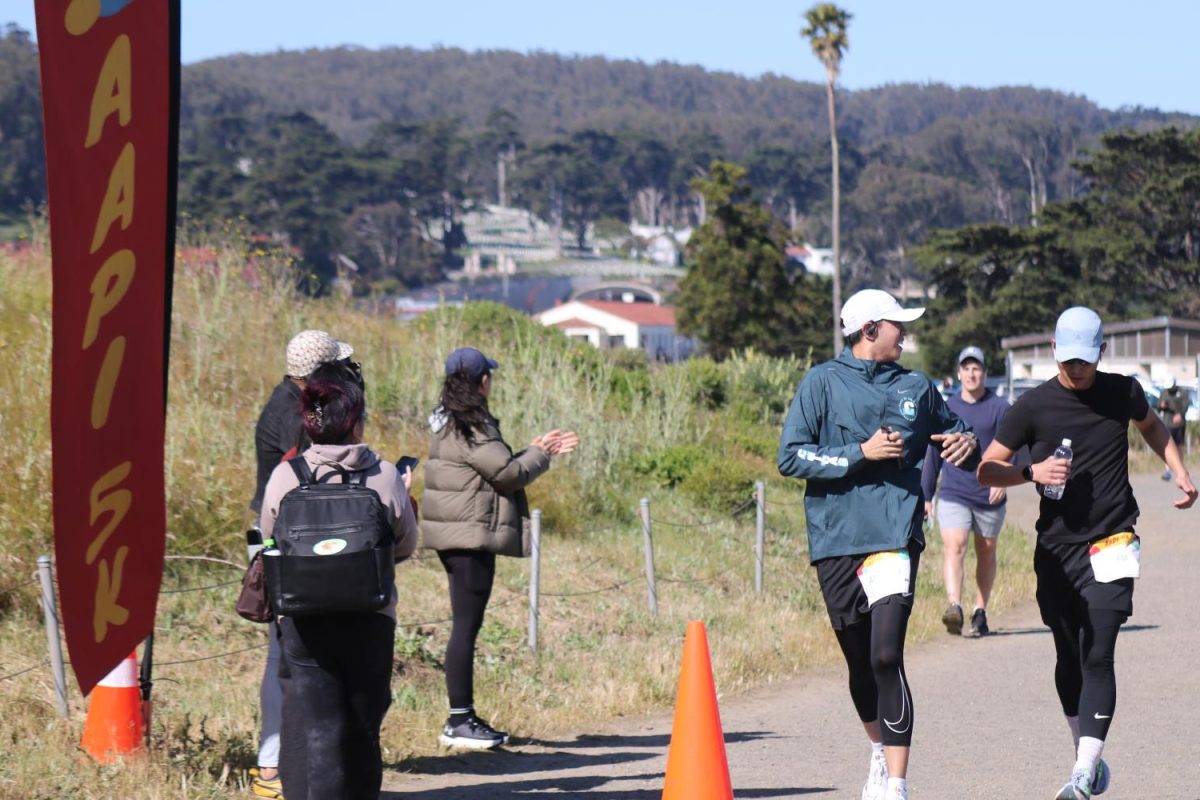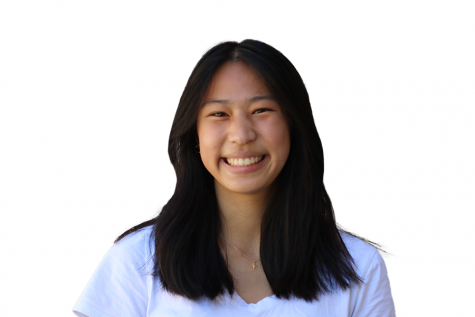“Harry Potter,” “Lord of the Rings,” and “Charlie and The Chocolate Factory” are popular classics that almost everyone reads. However, “The Great Gatsby,” “The Catcher in the Rye,” and “Romeo and Juliet” are classics that everyone has to read.
Although different in genre and style, all these books share important lessons for everyone. There are benefits to both reading for pleasure and academic reading, whichever reading method is preferred.
When reading for pleasure, the reader gets to decide what book they want to read. By choosing their reading material, people are more inclined to get invested in the story. Mystery, fantasy, graphic novels, and other genres aren’t traditionally assigned in schools but are beloved amongst readers.
“People generally gravitate to novels and books that they wouldn’t read in a classroom. [The books] are probably easier to read and can be more pleasurable since one doesn’t have to continually think and analyze to keep up with the plot. It’s just fun,” said Denise Steward, an English teacher.
While noting how different types of reading can foster a different connection to the story and characters, junior Ryan Ng referenced a genre he enjoyed reading for pleasure.
“When I read manga, for example, I get heavily invested in the characters. When they die, I get sad; when they go through hardships or challenges, I sympathize with them. When a character dies in a school-assigned book, I just look at how I can analyze it,” Ng said.
Sometimes it’s harder for me to make connections when I see [reading] as homework; when I actually choose to read just because I want to, I feel more intrigued and I start looking for things that I normally wouldn’t really look for.
— Katelyn Gambarin
Junior Katelyn Gambarin admitted that books built into the curriculum or chosen by teachers aren’t typically ones she would choose herself. However, she was happy to read them.
“I really enjoyed reading some of the historical books, or just having historical context on some of the novels we read in school … I’m kind of happy we have school reading because it encourages me to read books I probably wouldn’t normally read … it really helps you expand your horizons,” Gambarin said.
One aspect of academic reading that changes students’ approach to thinking about the novel is not the reading itself but the assignments that go with it. Ng shared a personal experience with assignments in academic reading.
“I remember freshman year we read ‘Mice and Men,’ and we had some assignments; I thought they made things more interesting because they offered a different perspective around the plot, the characters, and other subtle details in there. On the other hand, the assignments were so tedious I thought they just made the book less enjoyable,” Ng said.
Steward described how she motivates her students to stay engaged with their reading.
“I try to come up with lessons that will enable students to have a conversation about what they’re reading and share ideas. When students talk together [about the reading] … it’s almost as if they’re challenging each other to dig deeper,” Steward said.
While reading for pleasure and academic reading appeal to different groups of people, both have obvious benefits for everyone.
“At a young age, not a lot of us are motivated to read; with school assignments, you’re a little more motivated,” Ng said. “Leisure reading is also necessary. If you find school reading assignments boring, you’re going to generalize all reading as boring. Reading is one of the most crucial aspects of information spreading.”

